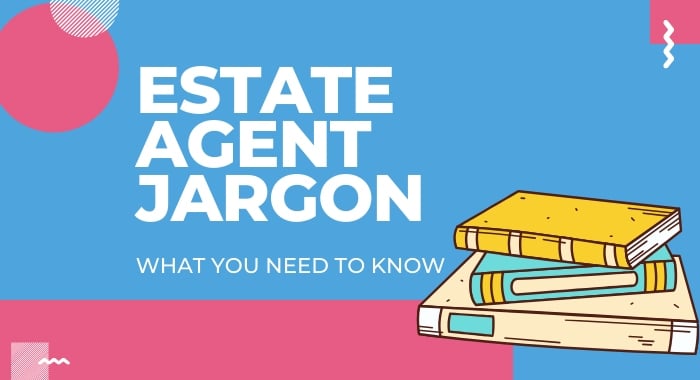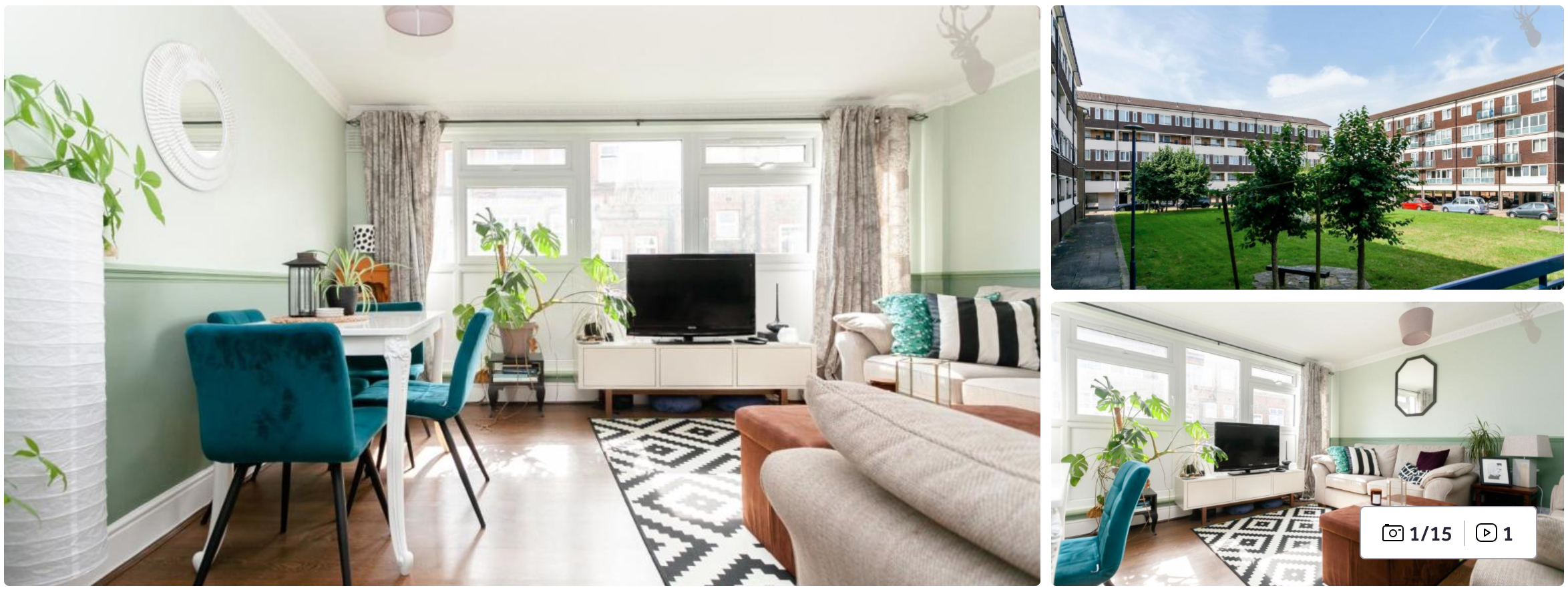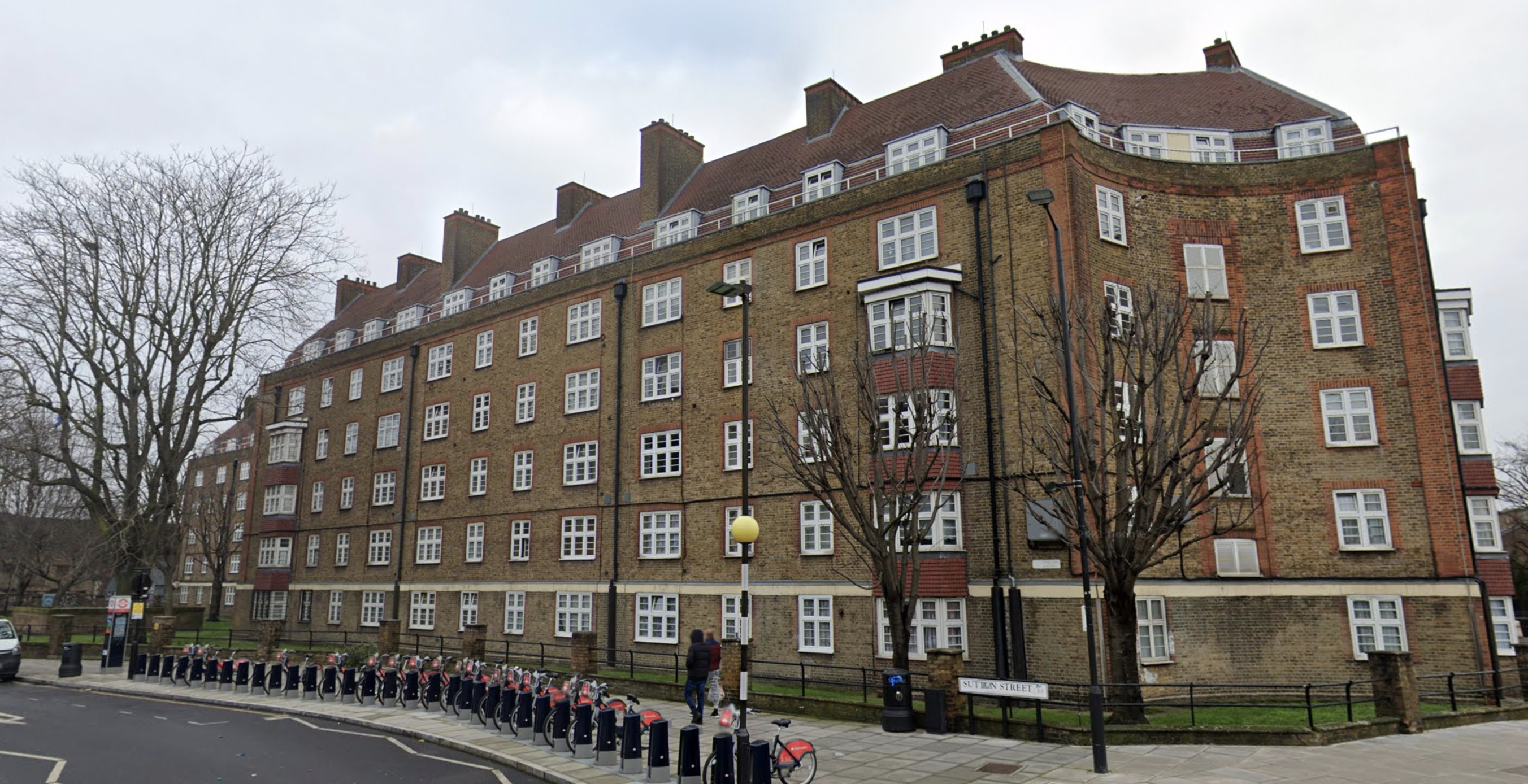
After breaking down sales jargon I thought I had to do one for lettings as there’s many phrases that I find myself saying, and realise it’s the first time the other person has heard it. The upcoming terms will be relevant to both tenants and landlords.
Holding Deposit
Commonly mistaken for the deposit. This is a deposit a tenant would have to pay to secure a property for rental. This is most often non refundable so if you are looking to pay this, please make sure you are absolutely sure about the property before paying this, unless you have money to blow. Once you have paid a holding deposit the agent should not be showing the property to anybody else and start referencing. One referencing is complete they will ask you to pay the rest of the move in monies. Holding deposits can only be a maximum of 1 weeks rent under the new law after The Tenants Fees Act was passed on June 1st 2019.
Deposit
This is most often paid after the referencing is complete along with the rest of the move in monies. Sometimes can be referred to as a security deposit. This deposit is meant to cover the landlord for any damages to the property or loss of rent. As part of The Tenants Fees Act, security deposits are also limited to 5 weeks rent if the annual rent is 50k or less. If the annual rent is more than £50k the limit is 6 weeks rent. The deposit must be protected with a government approved scheme within 30 days of receiving, if this isn’t done, you can be fined.
As a landlord you want to understand the next 3 terms well so that you know what you’re getting yourself into when you take any of these services. As a tenant it’s good to know what service your landlord has taken from the agent so you know how to report things and who to pay rent to after you move in.
Let only
Sometimes known as tenant find or introduction. But how much can you expect your agent to do in a tenant find service. A good agent will try and do all of the following.
- Arrange certification including gas, eicr and epc.
- Advertise the property on the portals to give it maximum coverage
- Carry out viewings and reference potential tenant
- Negotiate terms and arrange bespoke tenancy agreement
- Possibly arrange pre tenancy work to be carried out to the property
- Carry out right to rent checks
- Arrange inventory check in report
Rent collect
Sometimes known as part managed. This service would include everything in Let only as well as the following:
- Protect the deposit with a government approved scheme
- Collect and remit the rent throughout the duration of the tenancy
- Negotiate tenancy renewals
- Pursue non payment of rent and advise on rent arrears action
Fully managed
This service would include everything in the first two services combined with the following:
- Instruct approved contractors on landlord’s behalf in the instance of any works needed at the property
- Insure you comply with any changing legislations
- Carry out regular inspections
- 24 hour emergency service for tenants
- Arrange maintenance and repairs
- Pay contractors on landlords behalf
- Act as liaison between you and your Tenant
- Negotiate deposit release
- Manage your property through vacant periods
Guaranteed Rent
This is a term that has become very popular in London, especially in the East End over the last 10 years or so even though it has been around for much longer. It generally refers to an agent guaranteeing the rent to a landlord for a specific number of years at a certain agreed rent regardless of its occupancy. This is usually a lower than market rate rent as the agent that’s taking the risk needs to have enough of a margin to take that amount of risk. For example if the market rent for a certain property is around £2500 pcm, then the agent may guarantee around £2000 per month to the landlord and that £500 a month is where the agent makes their margin. Remember if the property is empty for even one month, that could cost the agent his or her whole year’s commission. So they need to be careful about what they offer and understand the market well.
Rent Guarantee
Sounds very similar to the previous term, but this usually refers to a policy that can be bought from insurance companies. The cost is usually upfront for each year and there may be an excess for each claim. Unlike guaranteed rent, the onus is on the insurance company and pressure is taken off the agent. For a successful claim, landlords would need to make sure all of their tenants are fully referenced.
HMO
Short for houses of multiple occupation. This refers to multiple people living in the same home who are not related to one another. In the old days this would only refer to room rentals, where properties will have multiple tenancies attached to it, because the rooms are individually rented out. These days, according to most councils, even if a property is rented out using one tenancy, if the individuals are not related to one another then the property can be considered a HMO. For example in Tower Hamlets, a 3 bedroom property rented to a group of 3 friends can be considered a HMO, on the flipside a 3 bedroom property rented to a family of 10 would not be considered a HMO.
That’s it for this edition of jargon busters. I’ll be back with more soon, if there’s anything specific you want to know, don’t hesitate to contact me via any social media.

















